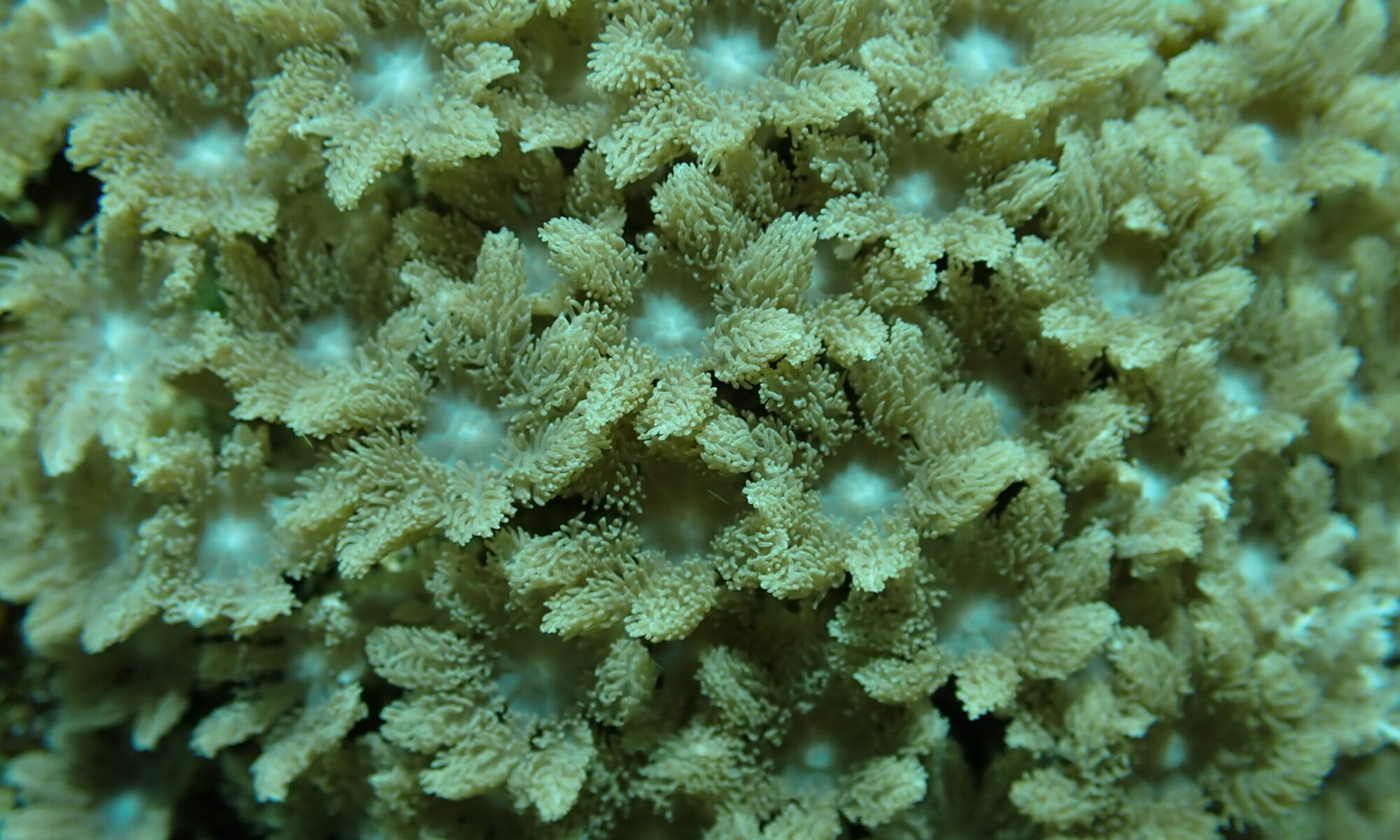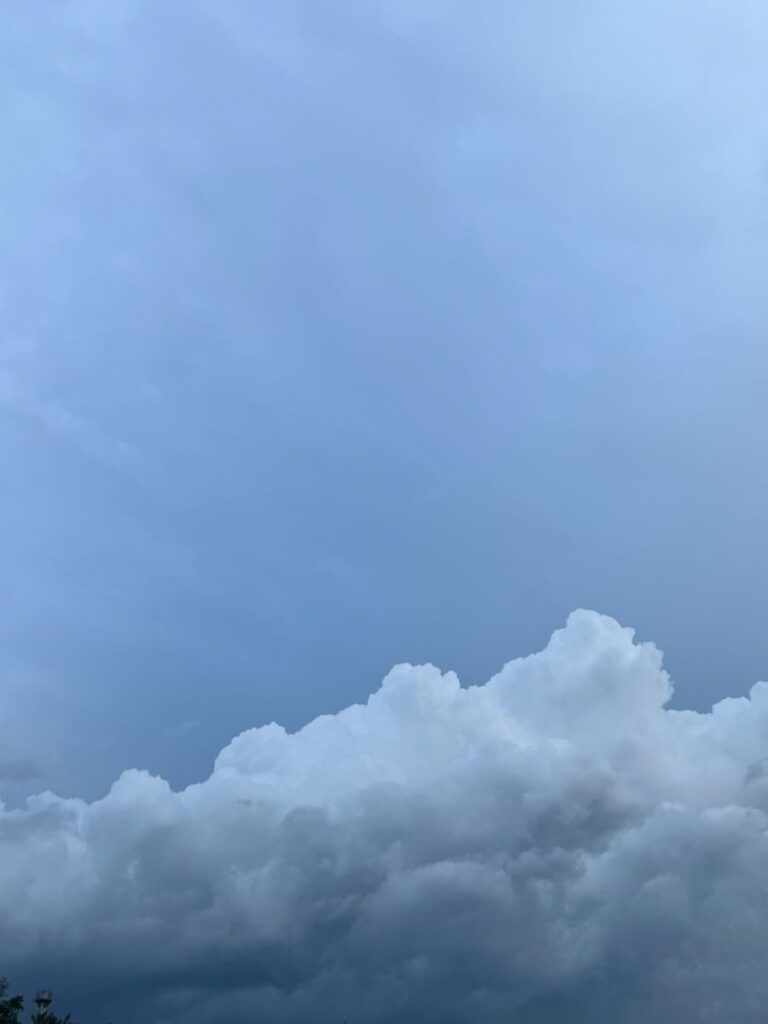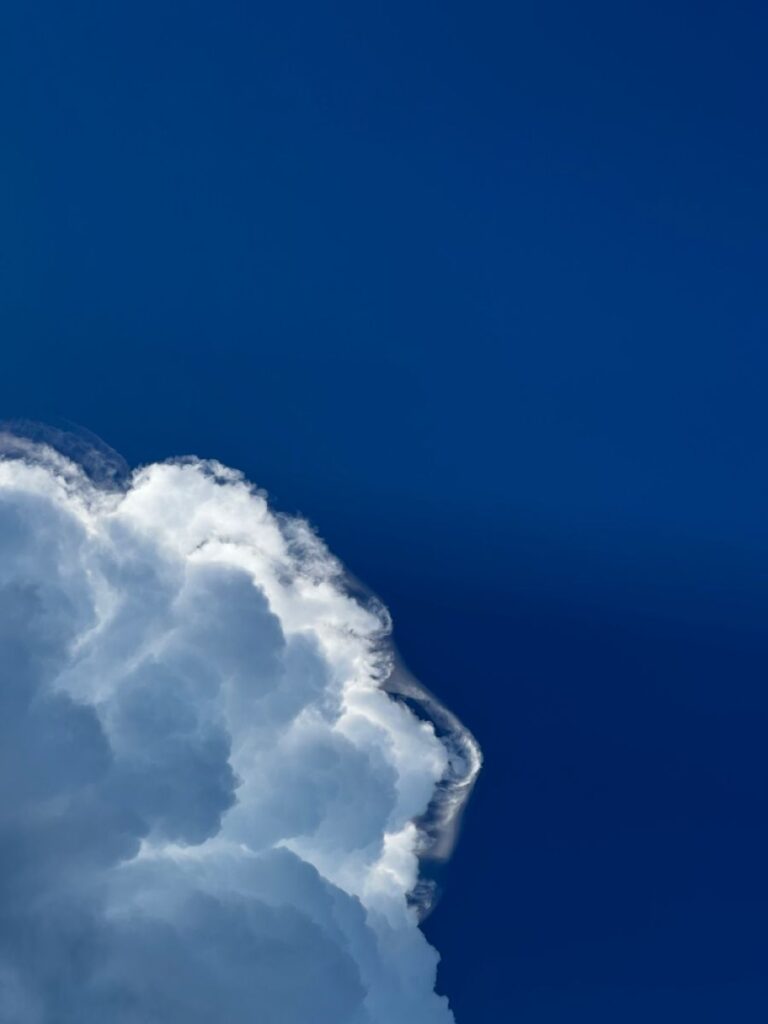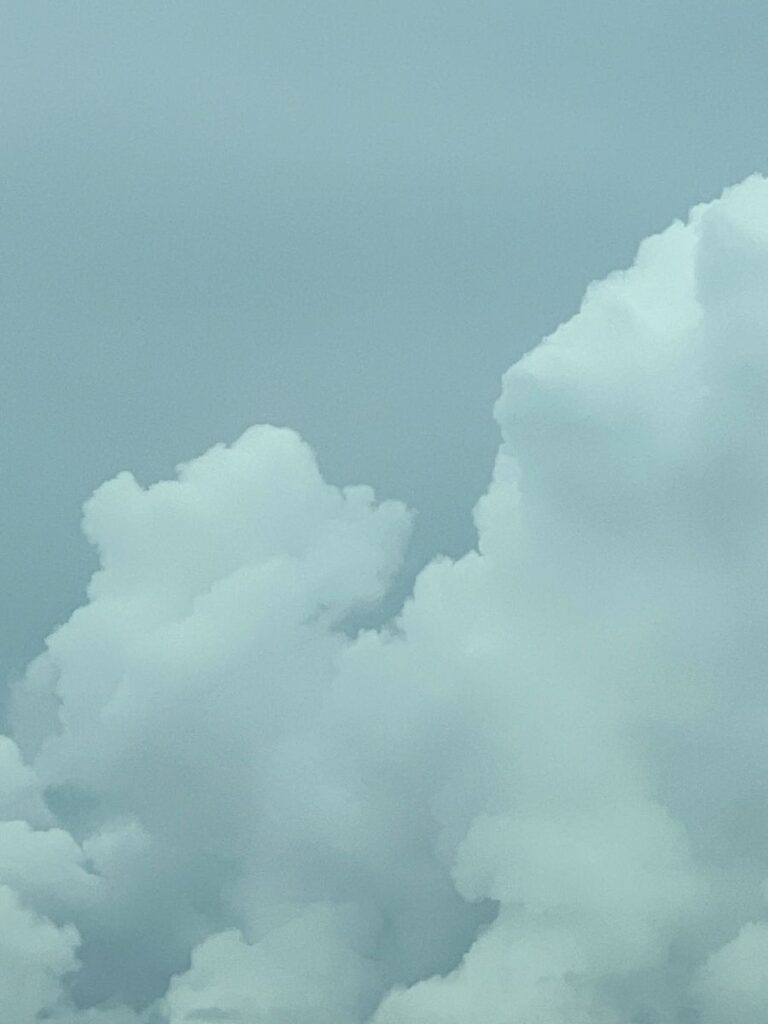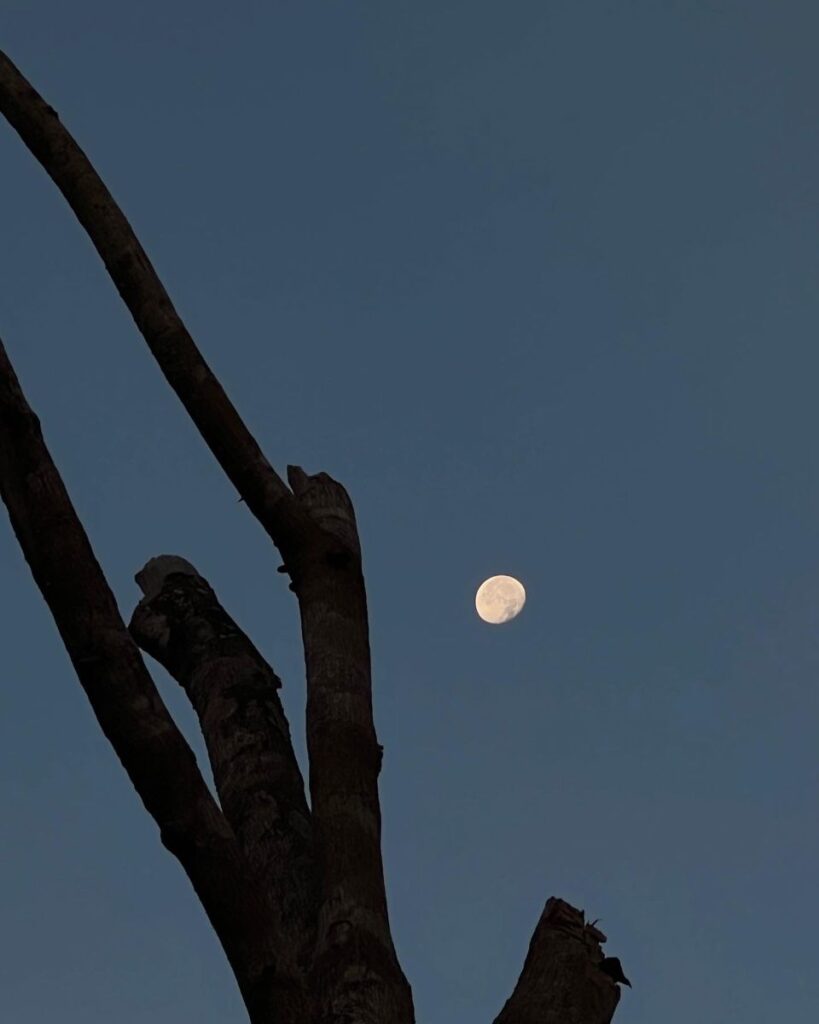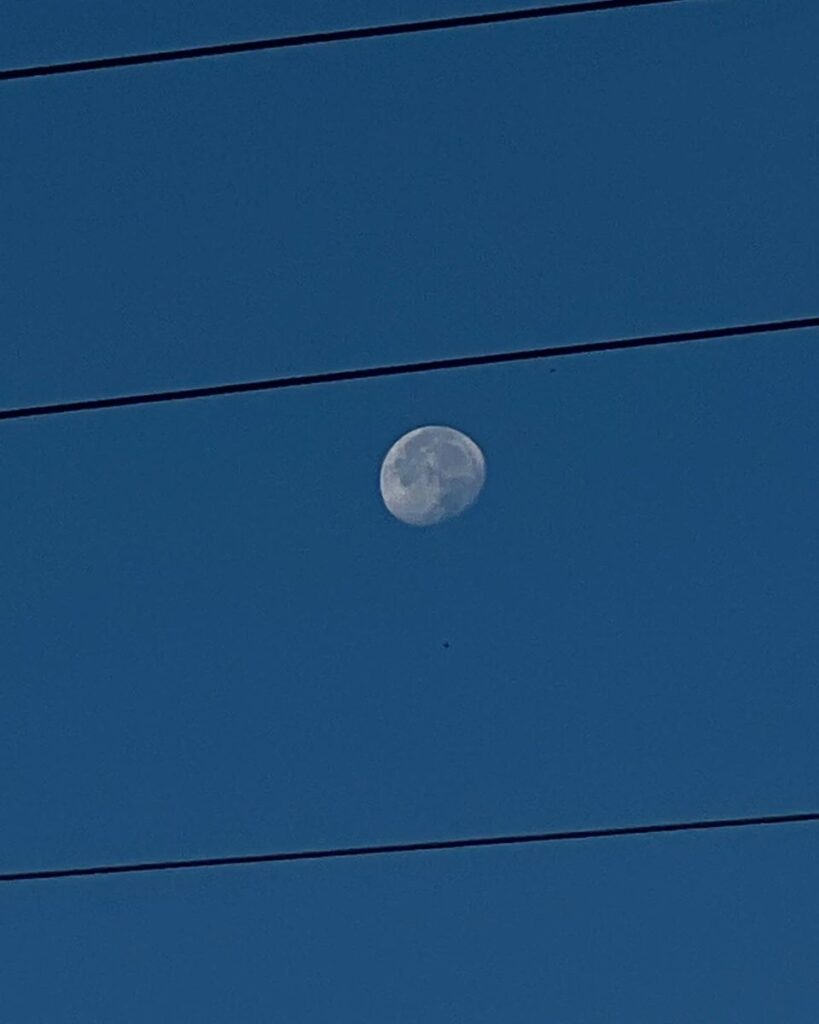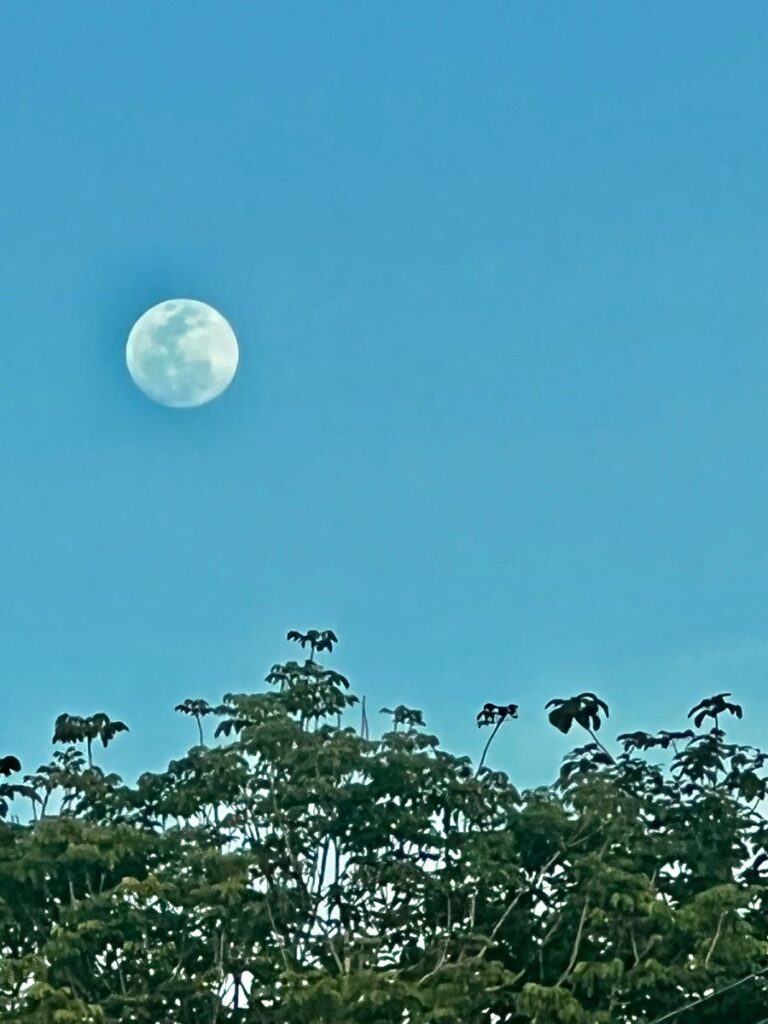You can find personal blogs here including academic & career aspirations, and passion projects. I usually share the beauties of marine life, clouds, and sunsets.

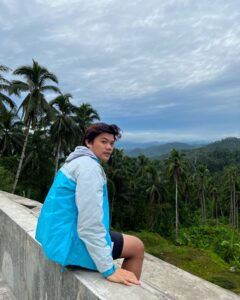

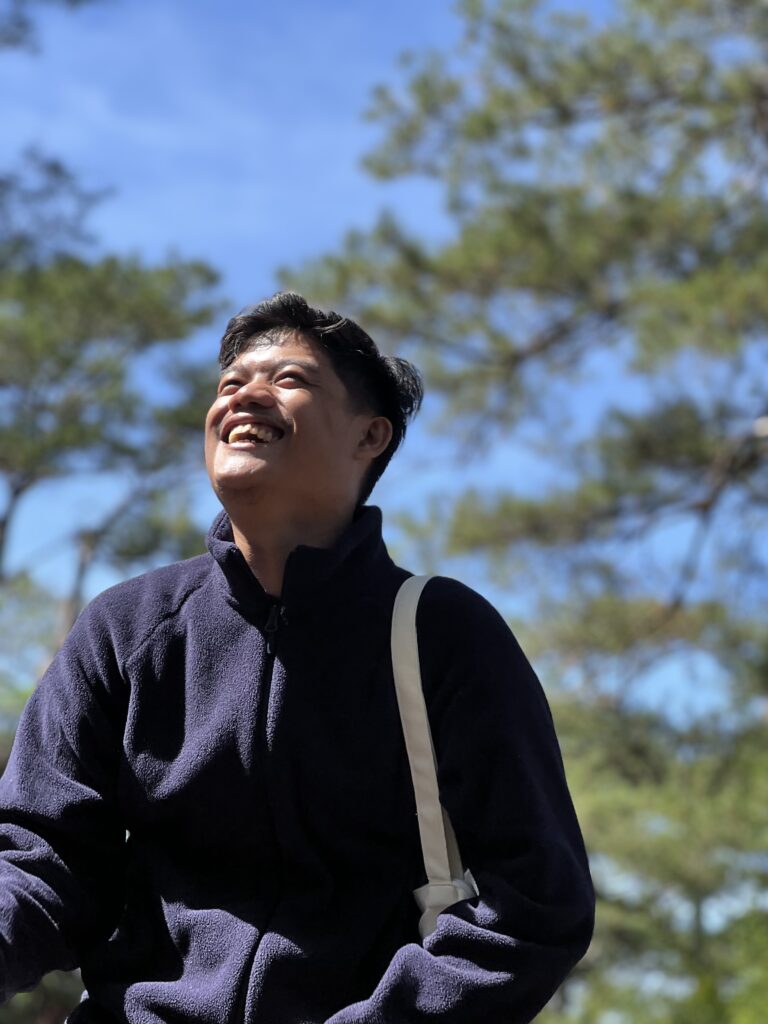
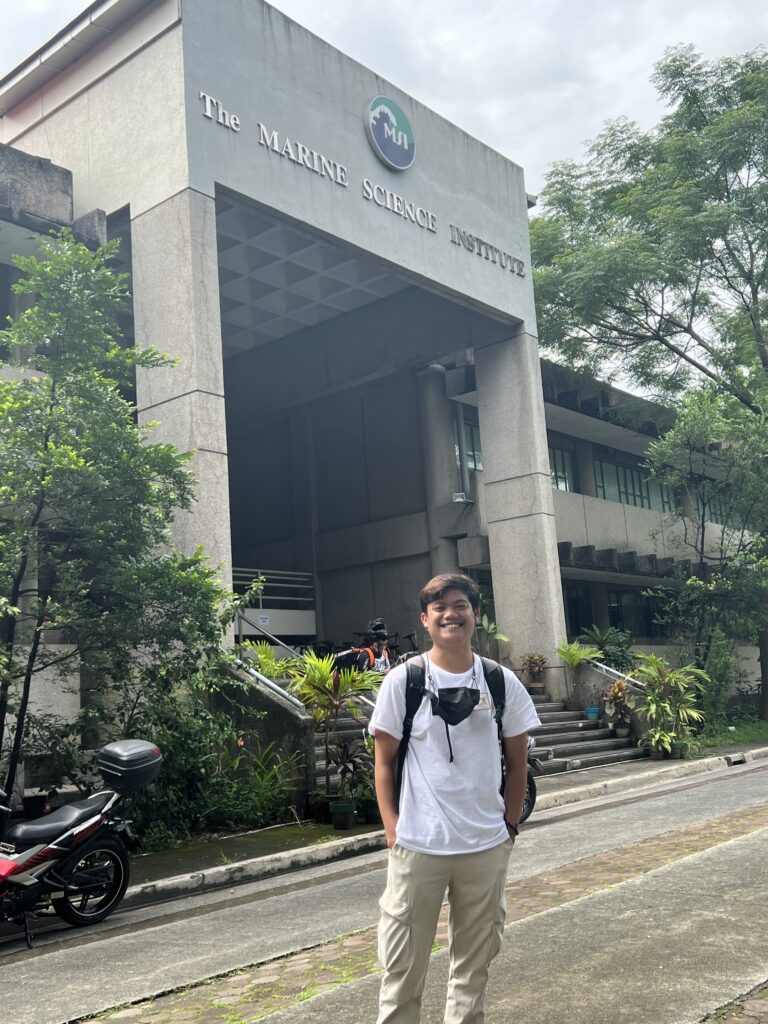
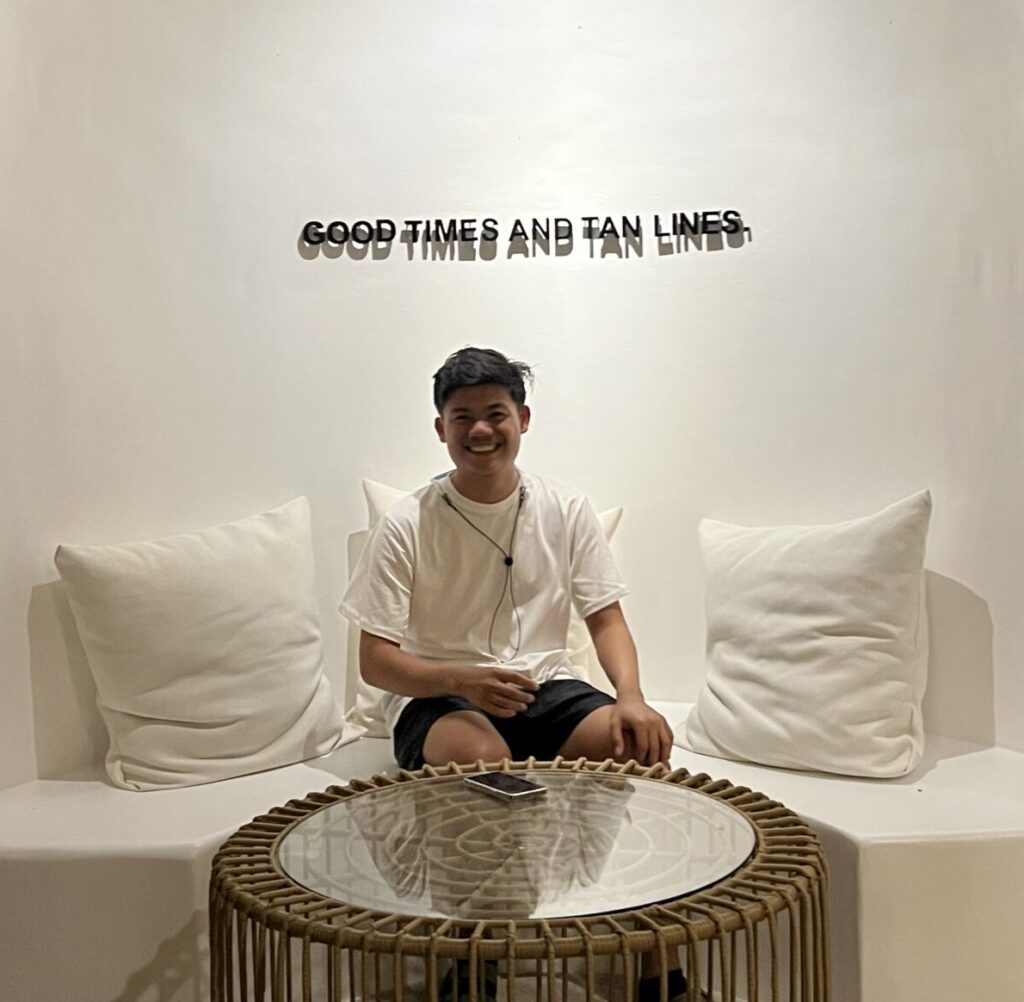
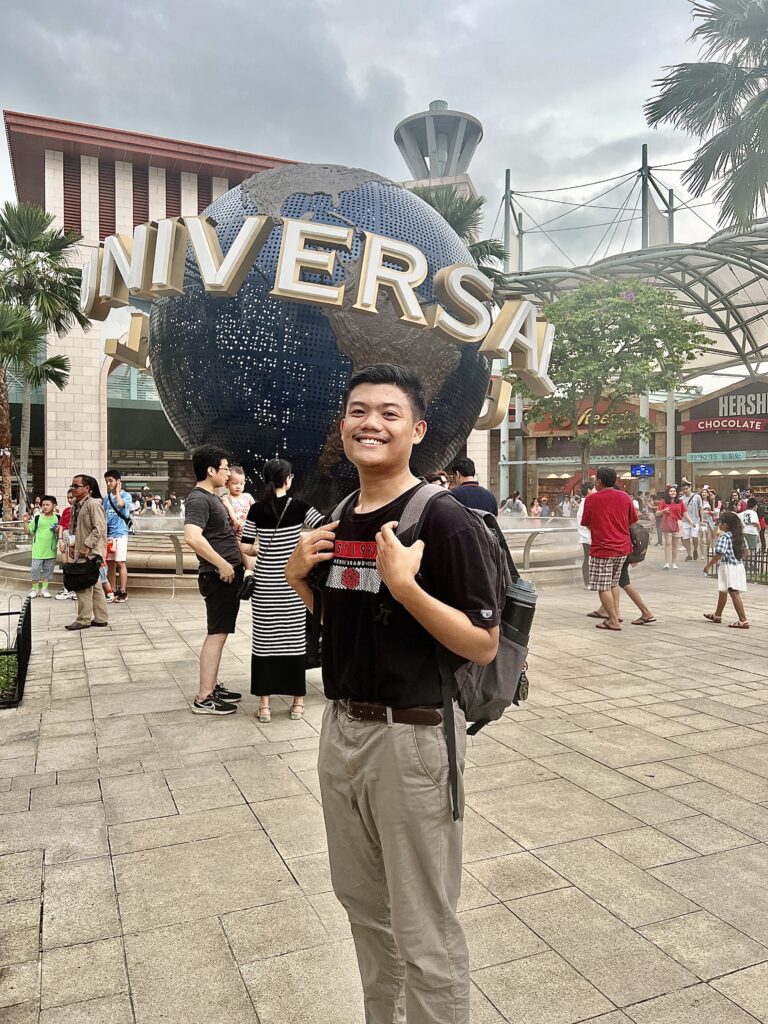

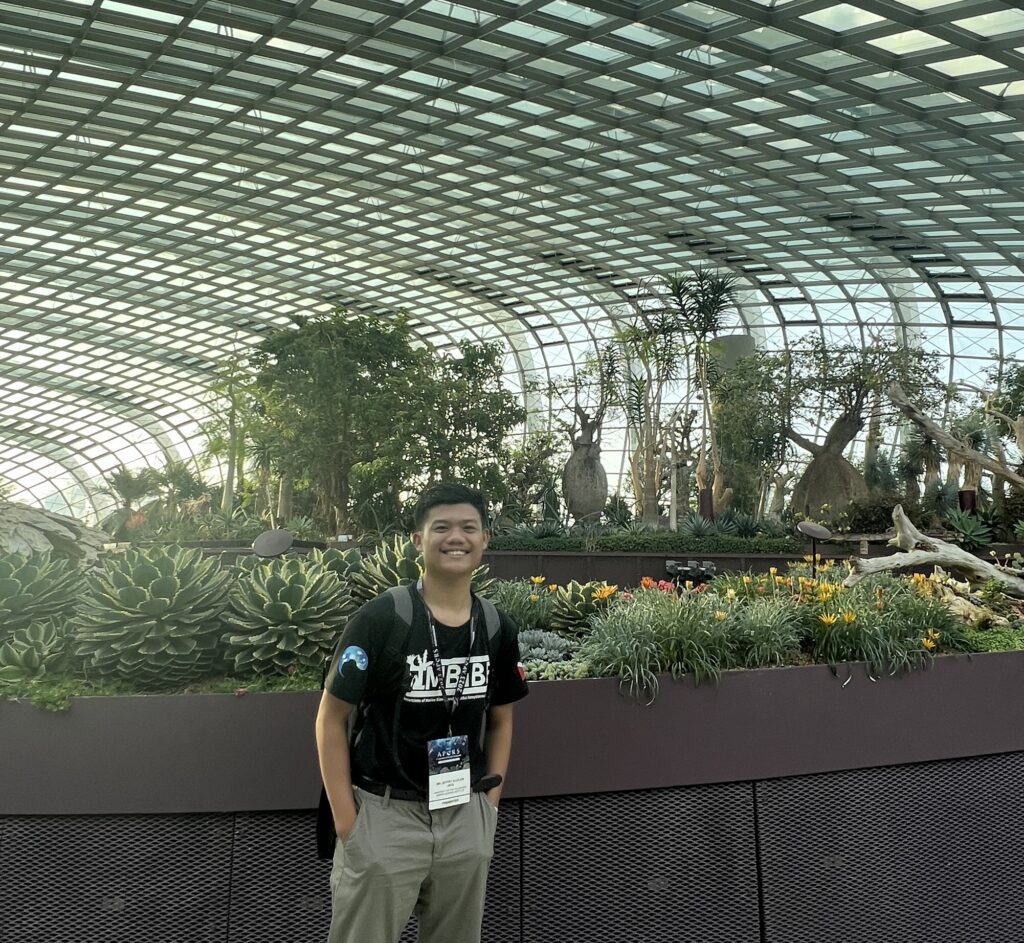
Photography section
Underwater photography
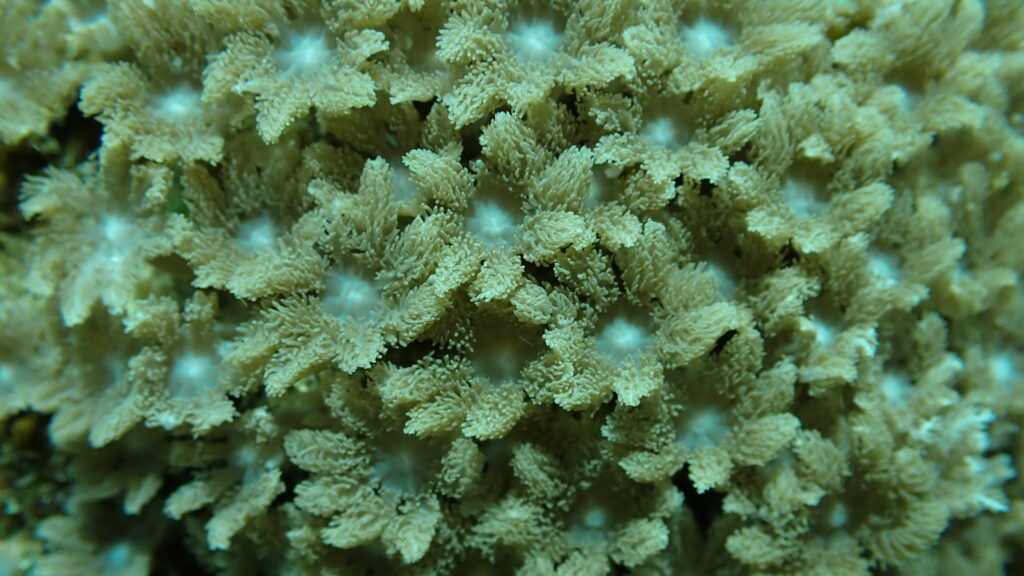
Clove polyps (Clavularia sp.) macro shot at Lucero, Bolinao, Pangasinan, Northwestern Philippines. This is a flower-like soft coral with eight tentacles resembling the petals of a terrestrial flower. They are usually seen adhering to the seabed and even inconspicuous if their individual polyps are retracted. There’s so much beauty in soft corals, but they are understudied especially in the country and even sometimes are misidentified.
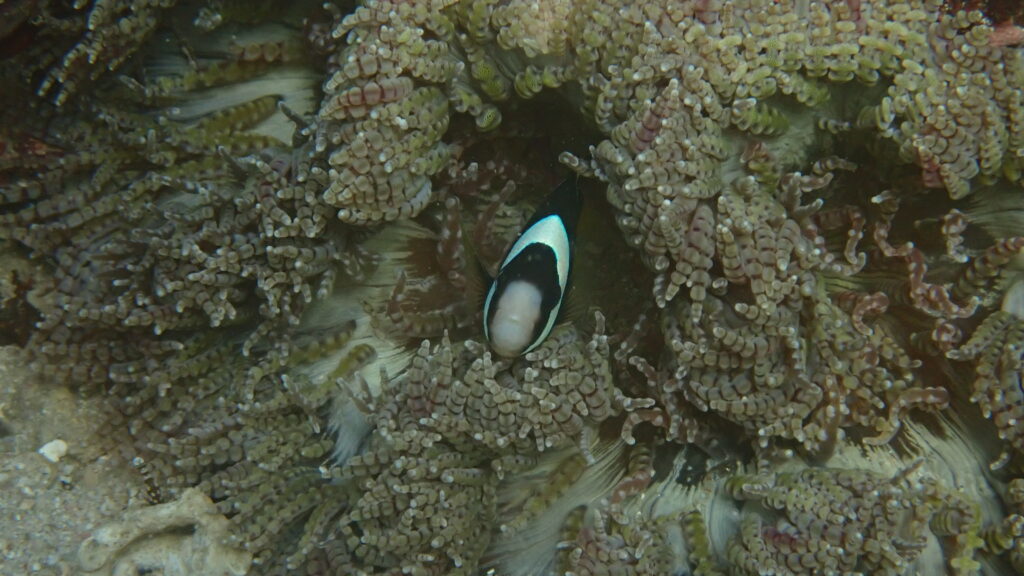
Clownfish (Amphiprion sp.) at Lucero reef. Just a fun fact, I saw the exact clownfish with a cute baby clownfish the next month I went to the same site, and now it’s not alone anymore.
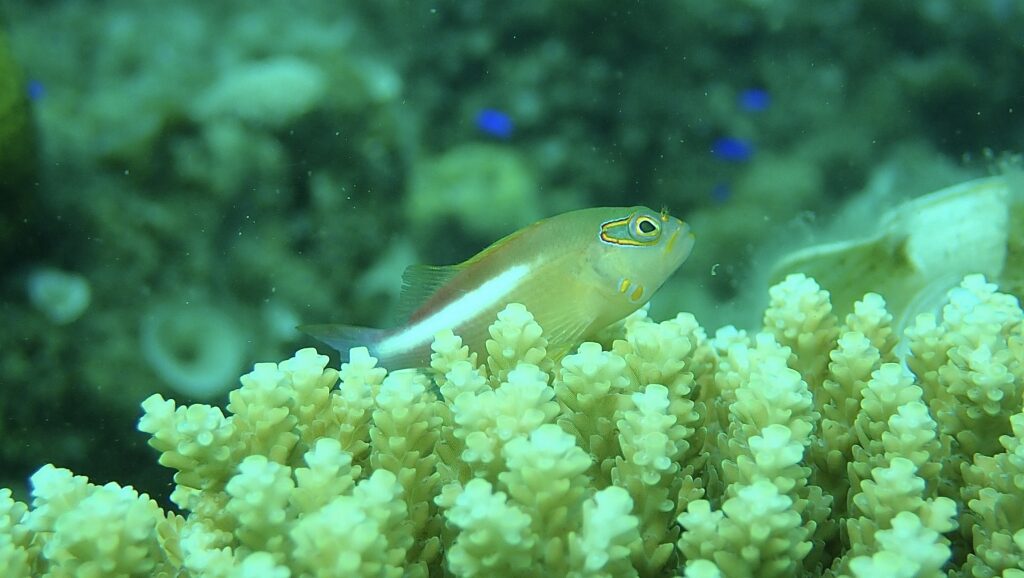
Arc eye hawkfish (Paracirrhites arcatus) at Kalangga reef, Iba, Zambales, Western Philippines. I bet they are superb underwater models as they project better than other reef fish I encountered in my dives. Look how it shows its elegant arc eye and fierce glance.
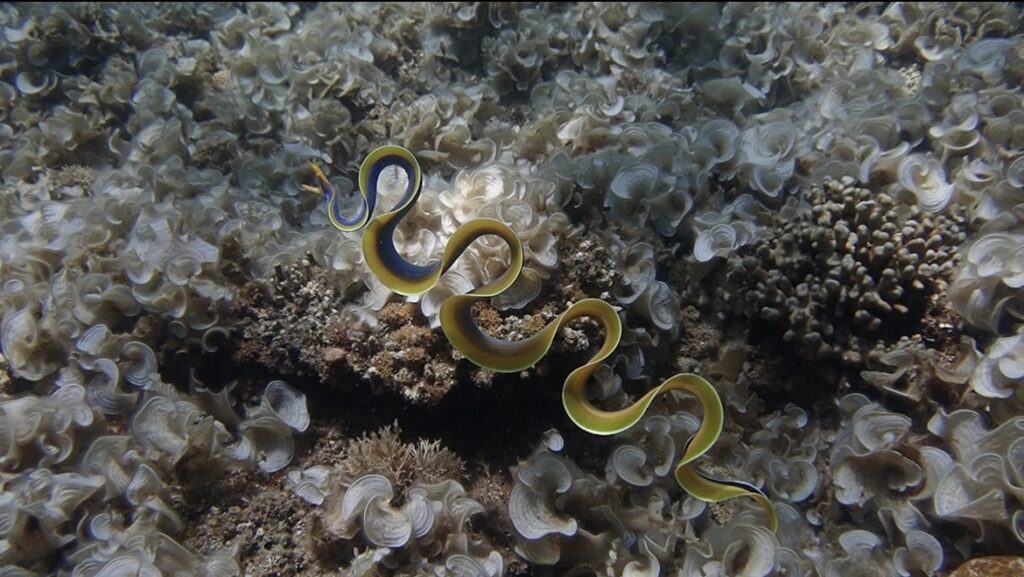
Ribbon eel (Rhinomuraena quaesita) at Kalangga reef. If you’ll look at the seafloor, it’s mostly covered with brown macroalgae (Padina sp.) and that stretches to almost all of the area covered by your vision if you are underwater, but locals say that their very abundant existence is only seasonal. Anyway, this fieldwork is a lucky day, first dive and this ribbon eel welcomes you.
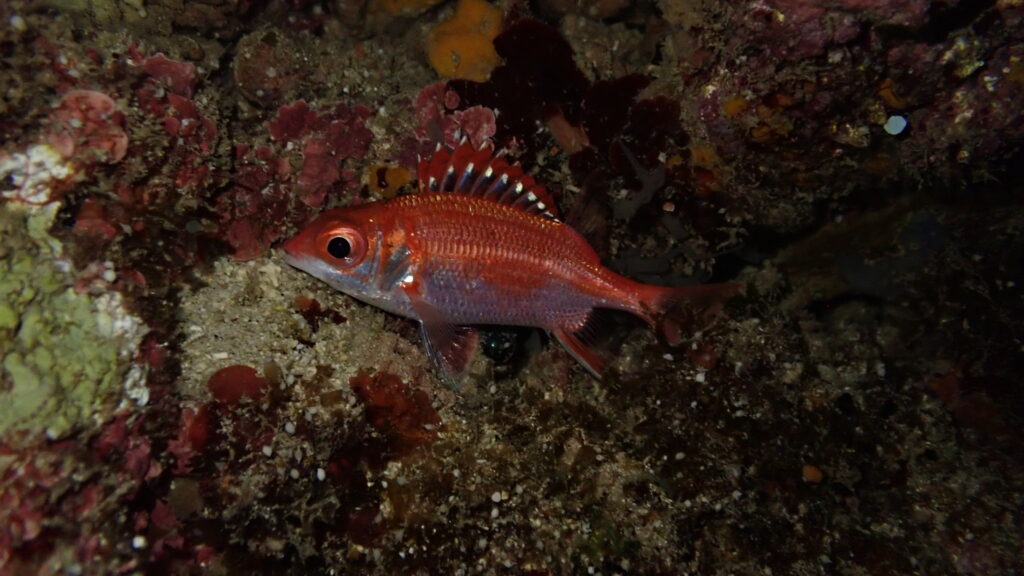
Speckled squirrelfish (Sargocentron punctatissimum) at Kalangga reef. This is my first underwater fish photo and I’m proud of how its natural morphological features like its fully extended spinous dorsal fin were captured. This is for keeps and compilations of reef fish personal identification guide.
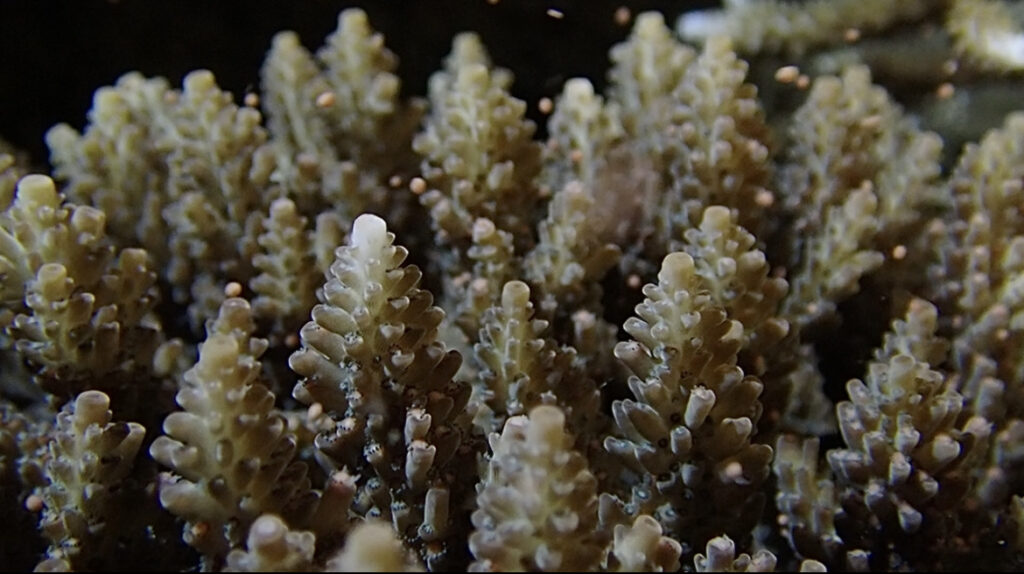
One of the natural spectacular phenomena I experienced that only a few can get the chance of witnessing is major coral spawning. Spot the circular gamete bundles in this Acroporid coral in its natural habitat at Kalangga reef. Corals releasing gametes are called broadcast spawners while those that release larvae directly and fertilization happens internally are called brooders.
A home for nephophiles, more images here.
Sunsets
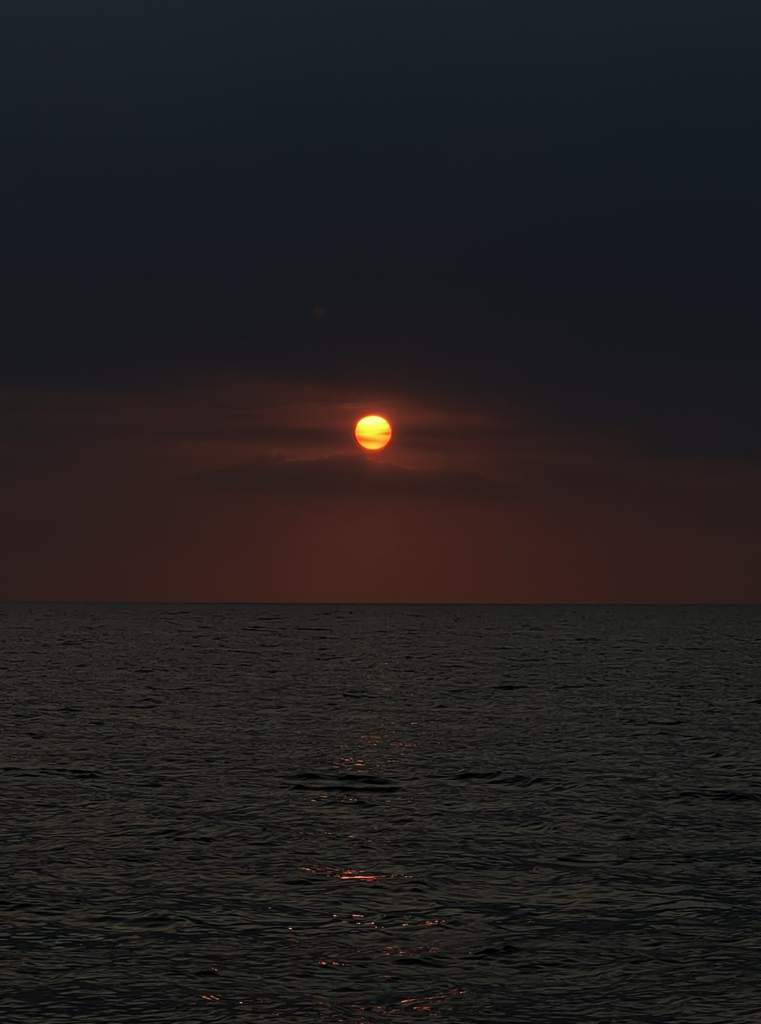
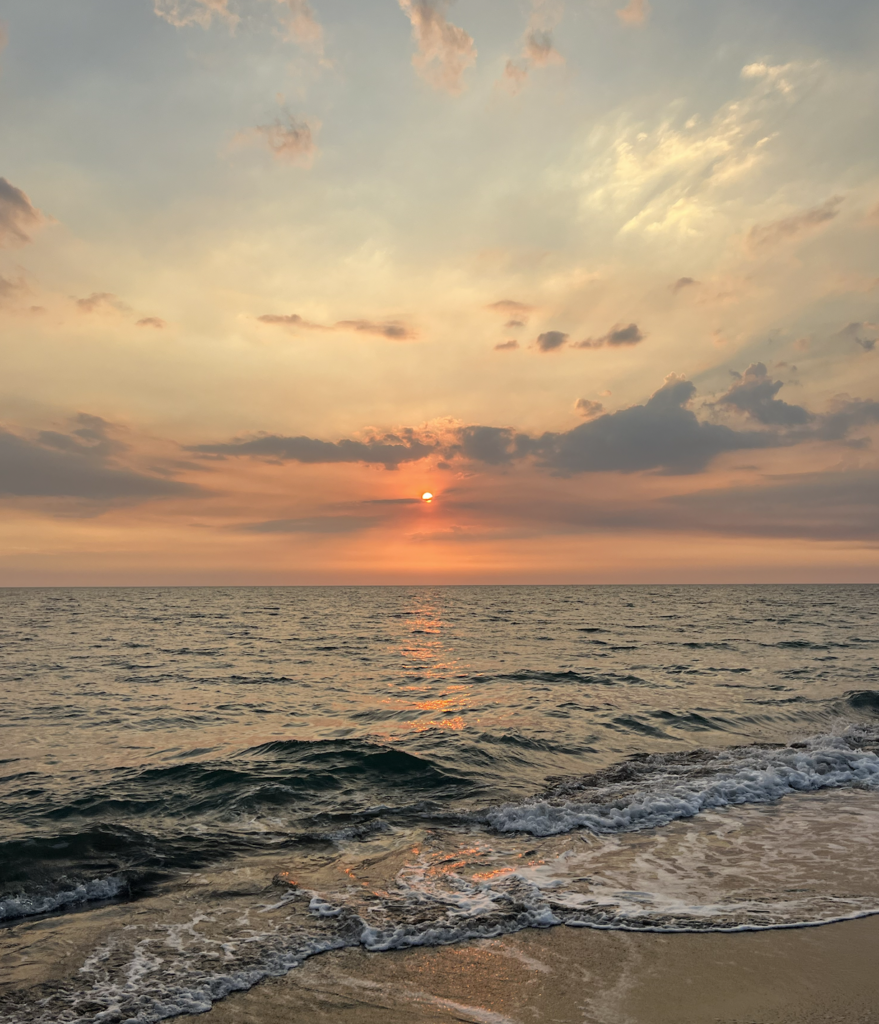
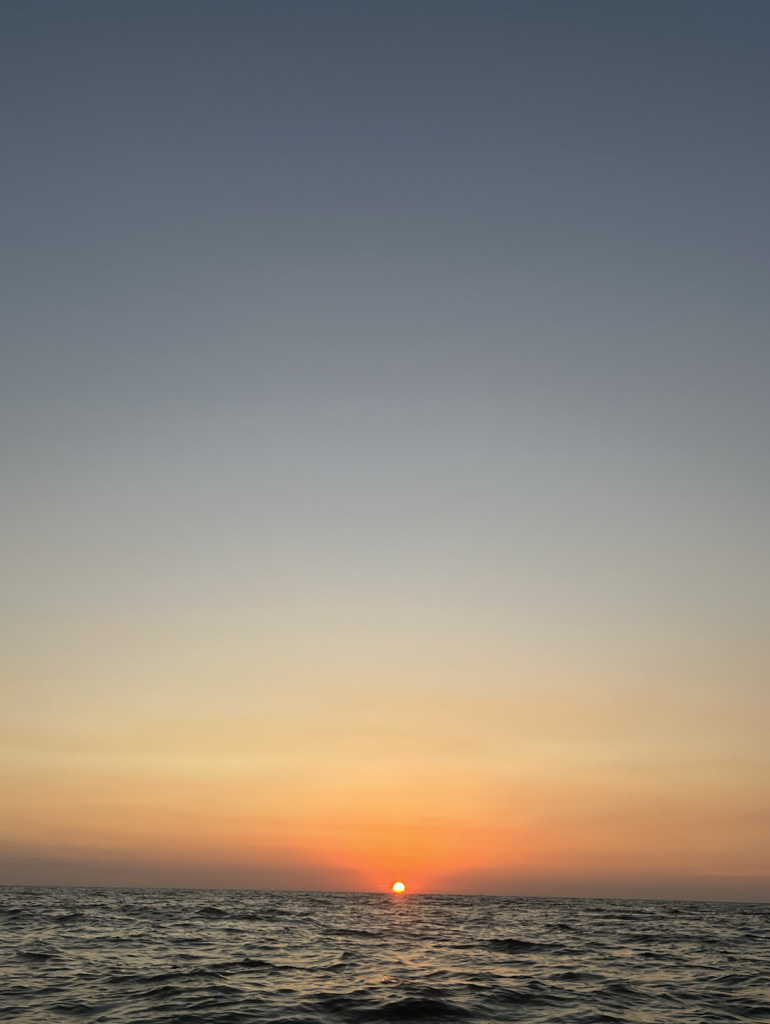
I own all of the photos and I took them using either an Olympus Tough-TG underwater camera or iPhone 13 Pro.
Science Corner!
July 10-12, 2025. 18th National Symposium in Marine Science, held at the UP Cebu, Central Visayas, Philippines | I presented our study about Uncovering Spatial and Size-Frequency Distributions of Octocorals in Selected Sites along the Verde Island Passage: A Hope Spot in the Philippines.
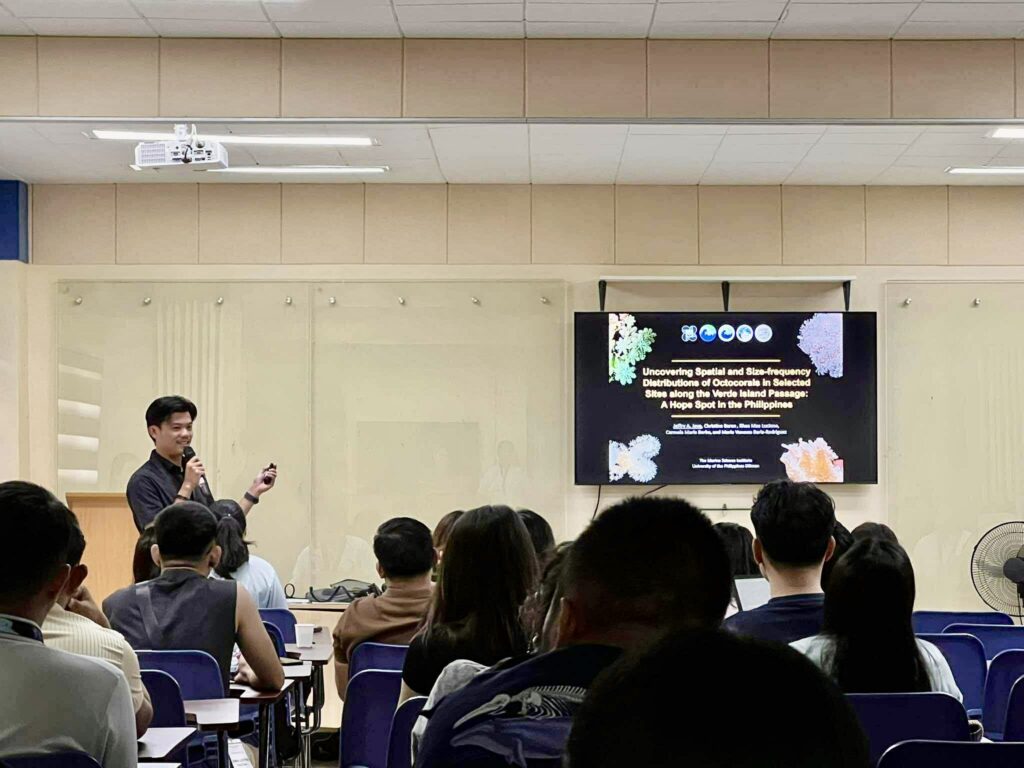
February 12, 2024. Arribada 2024 UP Marine Science Research Fest | I presented our study on the Community structure of octocorals in Tingloy, Batangas, Verde Island Passage Marine Corridor.

July 20-22, 2023. 17th National Symposium in Marine Science, held at Batangas State University, Batangas City, Philippines | 3rd conference I attended and my first oral presentation experience where I presented the Octocoral community dynamics in the selected degraded reefs in the northwestern part of the Philippines.
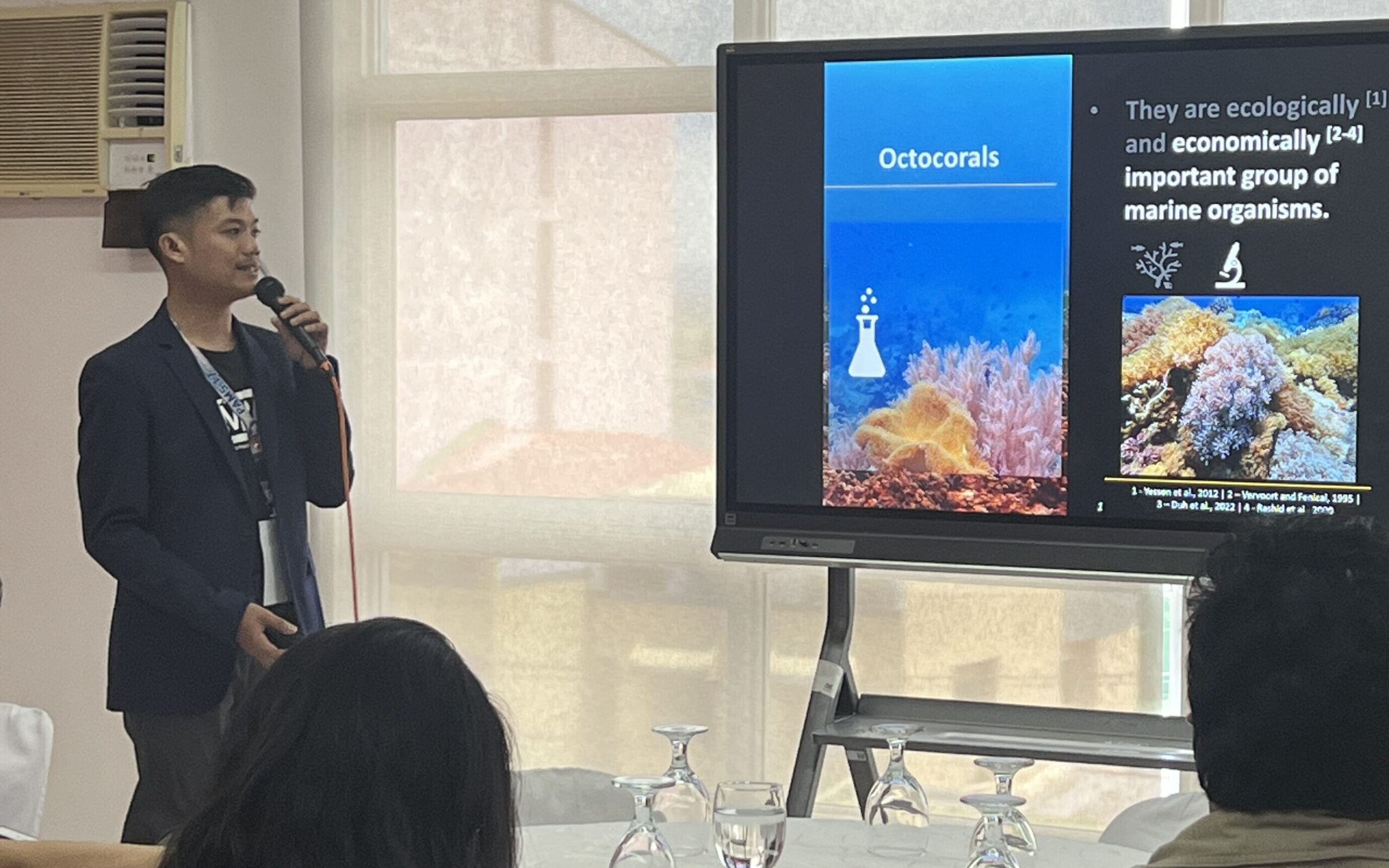
June 19-23, 2023. 5th Asia-Pacific Coral Reef Symposium in NUS, Singapore | First international conference I attended, presenting a study from our bigger project entitled Soft coral diversity as an indicator of reef’s health.
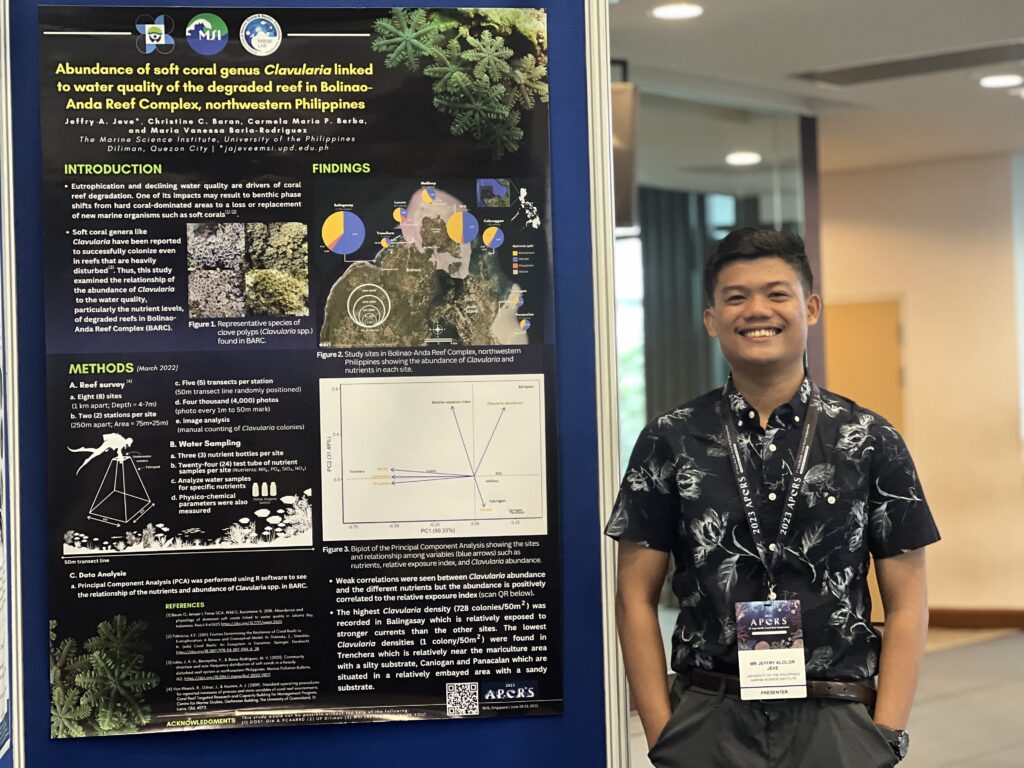
October 16 – 19, 2019. 51st Annual Convention of Federation of Institutions for Marine and Freshwater Sciences, held at SLSU, Southern Leyte, Philippines | First conference I ever attended, presenting my undergraduate thesis on the Planktonic communities and primary production in the coastal waters of Himokilan Island, Cuatro Islas, Leyte in the poster category.
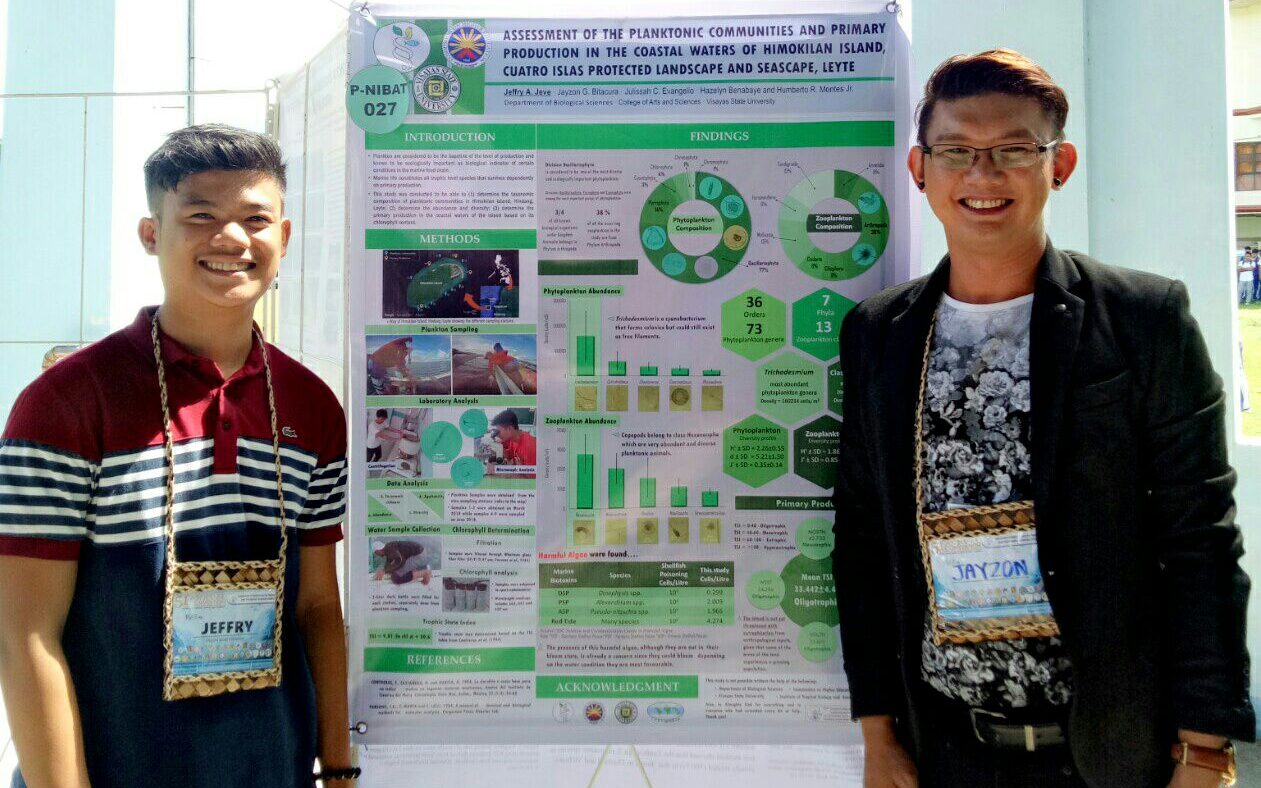
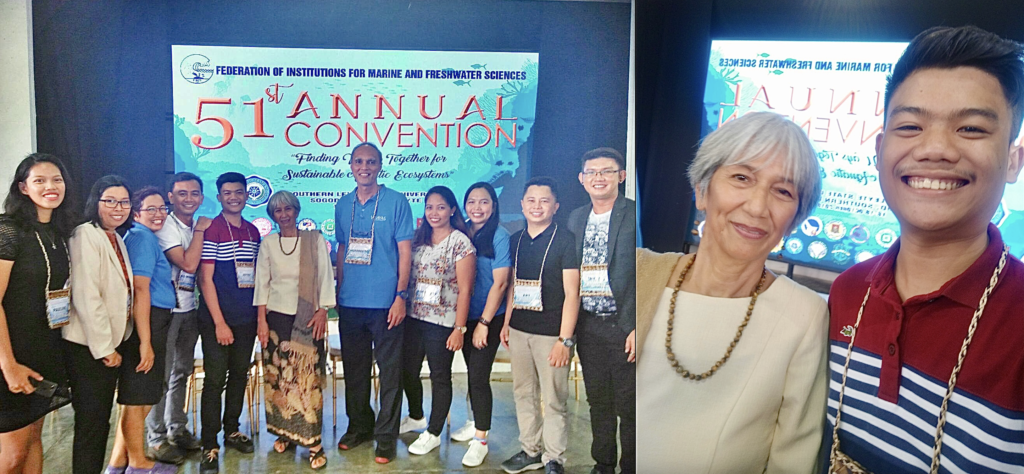
Build your own website too, + 3 months free, HERE
Want 20% discount on your subscription? You can use my referral code: 1JEFFRY26
